Home>Garden Essentials>How Much Does A Bag Of Corn Seed Cost
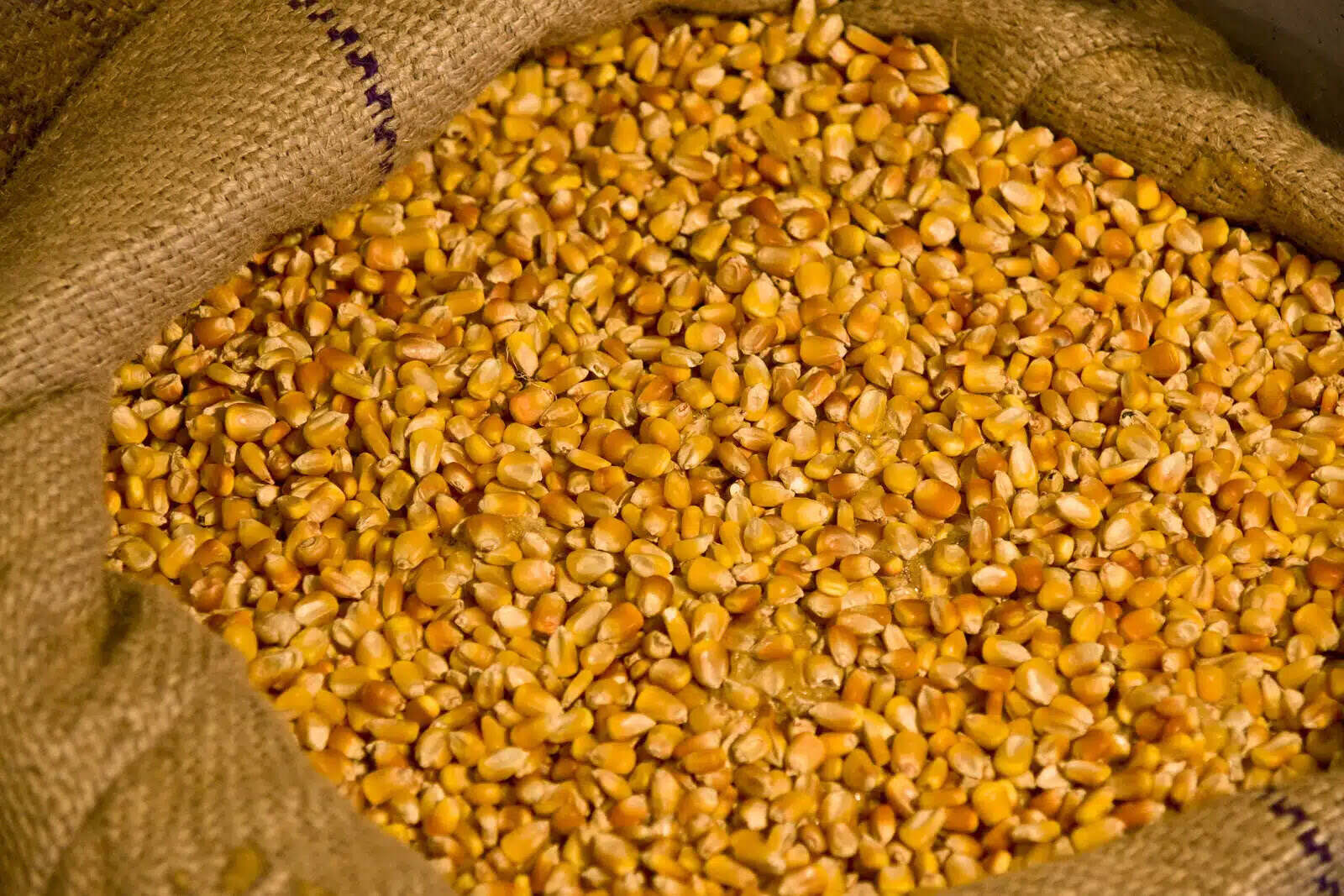

Garden Essentials
How Much Does A Bag Of Corn Seed Cost
Modified: March 15, 2024
Find out the price of a bag of corn seed for your garden. Compare costs and choose the best option for your planting needs.
(Many of the links in this article redirect to a specific reviewed product. Your purchase of these products through affiliate links helps to generate commission for Storables.com, at no extra cost. Learn more)
Introduction
Welcome to the world of gardening! If you’re a gardening enthusiast, you know that choosing and purchasing the right seeds is one of the most important aspects of a successful garden. When it comes to growing corn, selecting the right corn seed is crucial for a bountiful harvest. However, one question that often arises is, “How much does a bag of corn seed cost?”
In this article, we will explore the factors that influence corn seed prices, delve into the average cost of a bag of corn seed, and provide information on both high-end and budget-friendly corn seed options. By the end, you will have a better understanding of how much you can expect to pay for corn seed and what factors to consider when making your purchase.
So whether you’re a seasoned gardener looking to expand your crop or a newbie willing to give corn cultivation a try, let’s dive in and uncover the world of corn seed prices!
Key Takeaways:
- Corn seed prices vary based on genetic traits, brand reputation, and quantity purchased. High-end brands like Pioneer and DEKALB offer top-performing seeds, while budget-friendly options include local suppliers and seed exchanges.
- When purchasing corn seed, consider genetic traits, growing conditions, yield potential, and budget. High-end brands provide advanced traits, while budget-friendly options offer quality at more affordable prices.
Read more: How Many Seeds In A Bag Of Corn
Factors Affecting Corn Seed Prices
The price of corn seed can vary significantly based on several factors. Understanding these factors will help you make an informed decision and choose the right corn seed for your needs and budget. Here are some key factors that influence corn seed prices:
- Genetic Traits: Corn seeds with enhanced genetic traits, such as disease resistance, improved yield potential, and tolerance to environmental stress, often come at a higher cost. These genetically modified seeds are designed to produce higher-quality and higher-yielding crops, which can justify their higher price tag.
- Hybrid vs. Open-Pollinated: Hybrid corn seeds, which are created by cross-pollinating different varieties, tend to be more expensive than open-pollinated varieties. Hybrid corn seeds often exhibit superior traits like uniformity, vigor, and productivity, making them the preferred choice for many farmers. However, open-pollinated corn seeds can be a cost-effective option if you are not necessarily aiming for specific hybrid characteristics.
- Seed Treatment: Corn seeds are often treated with fungicides, insecticides, or other coatings to protect them from diseases, pests, and environmental challenges. Seed treatments can add to the cost of the seed but provide valuable protection and aid in establishing healthy plants. Consider your specific needs and the potential benefits of treated seeds when evaluating costs.
- Brand and Reputation: Established and reputable brands tend to command higher prices due to their track record of providing quality seeds and reliable performance. These brands have invested significant time and resources in research and development, ensuring the genetic purity and quality of their seeds. While there are reputable smaller brands and regional seed companies that offer competitive prices, be cautious about unbranded seeds with questionable quality or genetic integrity.
- Quantity Purchased: Buying corn seed in bulk can often result in volume discounts. Seed companies may offer lower prices per bag or per acre if you purchase larger quantities. This is particularly beneficial for commercial growers or those with larger gardens. However, keep in mind that purchasing more seed than you need can lead to waste, so make sure to consider your planting area and requirements before opting for bulk purchases.
These factors, among others, influence the price of corn seed. It’s important to carefully evaluate these factors and prioritize your gardening goals to make an informed decision that fits within your budget constraints.
Average Cost of a Bag of Corn Seed
The average cost of a bag of corn seed can vary depending on the factors mentioned earlier. On average, a bag of corn seed typically ranges from $80 to $300 per bag. However, it’s important to note that the cost can vary significantly based on the specific brand, genetic traits, seed treatments, and other factors.
Hybrid corn seed is generally more expensive than open-pollinated varieties. Expect to pay between $100 and $300 per bag for hybrid corn seed, depending on the brand and any additional genetic traits or seed treatments. These higher prices are justified by the improved performance and higher yields that hybrid seeds offer.
On the other hand, open-pollinated corn seed is usually more budget-friendly and can cost between $80 and $200 per bag. While open-pollinated varieties may not exhibit all the genetic enhancements of hybrids, they can still provide satisfactory yields and quality.
It’s worth mentioning that the size of a bag of corn seed can vary. Some bags contain enough seed to cover a small garden plot, while larger bags are suitable for commercial growers with more extensive planting areas. Before purchasing, check the bag size and its coverage to ensure it aligns with the size of your garden or field.
Additionally, keep in mind that prices can fluctuate due to market conditions, supply and demand, and the specific seed company. It’s always a good idea to compare prices from different suppliers and consider the reputation and quality of the seed before making a final decision.
Remember, investing in good quality corn seed is essential for a successful harvest. While the initial cost may seem higher, the potential yield and benefits can outweigh the price.
Now that we have an idea of the average cost of a bag of corn seed, let’s explore some high-end corn seed brands and their prices, as well as more budget-friendly options that are still reliable and effective.
High-End Corn Seed Brands and Their Prices
When it comes to high-end corn seed brands, there are several well-known companies that offer a wide range of genetically advanced and top-performing corn seeds. These brands come with a reputation for quality, innovation, and consistent results. Below are a few examples of high-end corn seed brands and their approximate prices:
- Pioneer: Pioneer is a leading brand in the corn seed industry. They offer a wide selection of hybrid corn seeds with advanced genetic traits. Depending on the specific traits and seed treatments, the price of Pioneer corn seeds can range from 0 to 0 per bag.
- DEKALB: DEKALB is another prominent corn seed brand known for its high-quality hybrid seeds. They provide corn seeds with superior genetics, disease resistance, and strong agronomic performance. Expect to pay between $120 and $250 per bag for DEKALB corn seeds.
- Monsanto: Monsanto’s corn seed lineup includes brands like Channel and Asgrow. They offer a range of hybrid corn seeds with various traits, including insect resistance, herbicide tolerance, and yield potential. Prices for Monsanto corn seeds typically range from $130 to $280 per bag.
- Syngenta: Syngenta is a global agricultural company that produces high-quality corn seeds. Their corn seeds are developed using advanced breeding techniques and possess features like insect resistance, drought tolerance, and high yield potential. Syngenta corn seed prices typically fall between $140 and $260 per bag.
- Corteva Agriscience: Corteva Agriscience offers a range of corn seed brands, including Pioneer and Brevant. They provide a variety of hybrid corn seeds with enhanced traits such as disease resistance, herbicide tolerance, and high yield potential. Prices for Corteva Agriscience corn seeds can range from $150 to $300 per bag.
These prices are approximate and can vary based on the specific attributes and traits of the corn seeds, as well as market conditions. It’s important to consult local retailers or seed suppliers for the most accurate and up-to-date pricing information.
While high-end corn seed brands may come with a higher price tag, they often provide exceptional performance, increased yield potential, and advanced genetic traits that can contribute to a successful harvest. However, it’s essential to carefully consider your needs, budget, and specific growing conditions before investing in high-end corn seed.
Now that we’ve explored high-end corn seed brands, let’s take a look at some budget-friendly options without compromising on quality and productivity.
When considering the cost of a bag of corn seed, it’s important to factor in the seed variety, brand, and quantity needed. Additionally, be sure to compare prices from different suppliers to find the best deal.
Budget-Friendly Corn Seed Options
If you’re a budget-conscious gardener or simply looking for more affordable corn seed options, there are still plenty of choices available that offer good quality and reliable performance. Here are some budget-friendly corn seed options that won’t break the bank:
- Local Seed Suppliers: Consider reaching out to local seed suppliers or regional seed companies in your area. They often offer corn seed varieties that are well-suited to local climate and soil conditions at more affordable prices compared to national or international brands. These locally adapted varieties can save you money while still providing satisfactory results.
- Generic Corn Seeds: Generic or unbranded corn seeds can be a cost-effective option. They may not come with the same extensive research and development as branded seeds, but they can still produce good yields if sown under suitable conditions. It’s important, however, to ensure that the generic seeds come from a reputable source and are genetically pure.
- Seed Exchanges: Many gardening communities and online forums have seed exchanges where members share and exchange seeds. Participating in these exchanges can be a great way to obtain corn seeds at little to no cost. By swapping seeds with other gardeners, you can diversify your corn varieties and save money in the process.
- Online Discounts: Keep an eye out for online retailers or seed companies that offer discounts, promotions, or clearance sales. These sales can often provide significant savings on corn seeds. Subscribe to newsletters or follow social media accounts of seed suppliers to stay updated on upcoming discounts and special offers.
- Seed Saving: Another budget-friendly option is to save your own corn seeds from the previous year’s harvest. This allows you to eliminate the cost of purchasing new seeds and can be especially beneficial if you are growing open-pollinated varieties. However, keep in mind that saving hybrid corn seeds may lead to unpredictable results as they may not breed true to their parent plants.
Remember, while these budget-friendly options can save you money, it’s essential to consider the seed quality, genetic traits, and suitability for your specific growing conditions. If possible, consult with local gardening experts or agricultural extension offices to get recommendations on cost-effective corn seed options that are well-suited to your region.
By exploring these budget-friendly options, you can find corn seed that fits within your financial constraints while still being able to enjoy a successful corn harvest.
Now that we have covered both high-end and budget-friendly corn seed options, let’s move on to important factors to consider when purchasing corn seed.
Read more: How Many Acres Does A Bag Of Seed Corn Plant
Factors to Consider When Purchasing Corn Seed
When it comes to purchasing corn seed, there are several important factors to consider to ensure you choose the right seed for your specific needs and growing conditions. Here are some key factors to keep in mind:
- Genetic Traits: Evaluate the genetic traits of the corn seed varieties you are considering. Determine if you need specific traits such as disease resistance, drought tolerance, or herbicide tolerance based on your growing conditions and pest pressures. Selecting seeds with the right genetic traits can significantly improve the chances of a successful and productive crop.
- Growing Conditions: Consider your specific growing conditions, including climate, soil type, and available sunlight. Different corn seed varieties have varying adaptability to different growing conditions. Ensure that the corn seed you choose is suitable for your region and can thrive in your specific environment. Local seed suppliers or agricultural extension offices can provide valuable insights on the best seed options for your area.
- Yield Potential: Assess the yield potential of the corn seed varieties you are considering. Look for information on average yields, as well as performance data from field trials conducted in conditions similar to yours. Higher-yielding varieties can contribute to a more productive harvest and a higher return on your investment.
- Pest and Disease Resistance: Consider the pest and disease pressures in your area. Select corn seed varieties that are resistant to common pests and diseases prevalent in your region. This can help minimize the need for excessive pesticide use and reduce the risk of crop loss due to diseases.
- Seed Treatments: Evaluate whether you need seed treatments such as fungicides or insecticides. Seed treatments can provide added protection to the seed during germination and early growth stages. However, they do come at an additional cost. Assess the potential benefits and weigh them against the expense when making your decision.
- Brand Reputation: Consider the reputation and track record of the seed brand or supplier. Choose established brands with a history of providing quality seeds and reliable performance. Read customer reviews, seek recommendations, and consult with local farmers or gardening experts to gain insights into the reputation and performance of different seed brands.
- Budget: Determine your budget for purchasing corn seed. Consider the cost per bag and the number of bags you need based on the size of your planting area. Keep in mind that while it’s important to stay within your budget, investing in quality seeds with desired genetic traits and performance attributes can contribute to a more successful harvest.
By carefully evaluating these factors and weighing their importance in your specific context, you can make an informed decision that aligns with your growing goals and budget.
Remember, purchasing corn seed is an important investment in the success of your garden or farm. Taking the time to consider these factors will help ensure that you choose the right corn seed varieties for your specific needs, growing conditions, and budget.
Now that we have explored the factors to consider when purchasing corn seed, let’s wrap up our discussion.
Conclusion
Choosing the right corn seed is crucial for a successful harvest, and understanding the factors that affect corn seed prices is essential in making an informed decision. In this article, we have explored the various factors that influence corn seed prices, the average cost of a bag of corn seed, and both high-end and budget-friendly corn seed options.
Factors such as genetic traits, hybrid vs. open-pollinated varieties, seed treatments, brand reputation, and quantity purchased can all impact the price of corn seed. It’s important to carefully evaluate these factors based on your specific needs, growing conditions, and budget constraints.
The average cost of a bag of corn seed ranges from $80 to $300, depending on various factors such as brand, genetic traits, and seed treatments. High-end corn seed brands like Pioneer, DEKALB, Monsanto, Syngenta, and Corteva Agriscience offer top-performing seeds with prices typically ranging from $150 to $300 per bag. On the other hand, budget-friendly options such as local seed suppliers, generic seeds, seed exchanges, online discounts, and seed saving can help you find quality corn seed at more affordable prices.
When purchasing corn seed, it’s crucial to consider factors like genetic traits, growing conditions, yield potential, pest and disease resistance, seed treatments, brand reputation, and budget. By carefully evaluating these factors, you can select the right corn seed variety that suits your specific needs and maximizes your chances of a successful and productive harvest.
Whether you’re a seasoned gardener or a beginner, investing in good quality corn seed is an essential step towards a thriving corn crop. Make sure to research different seed options, consult with local experts, and consider reliable brands or suppliers to ensure you get the most out of your investment.
Now that you have a better understanding of corn seed prices, factors affecting them, and how to make an informed decision, it’s time to start planning your corn planting. Get ready to enjoy the satisfaction of growing your own delicious, healthy corn and reaping the rewards of your efforts!
Frequently Asked Questions about How Much Does A Bag Of Corn Seed Cost
Was this page helpful?
At Storables.com, we guarantee accurate and reliable information. Our content, validated by Expert Board Contributors, is crafted following stringent Editorial Policies. We're committed to providing you with well-researched, expert-backed insights for all your informational needs.
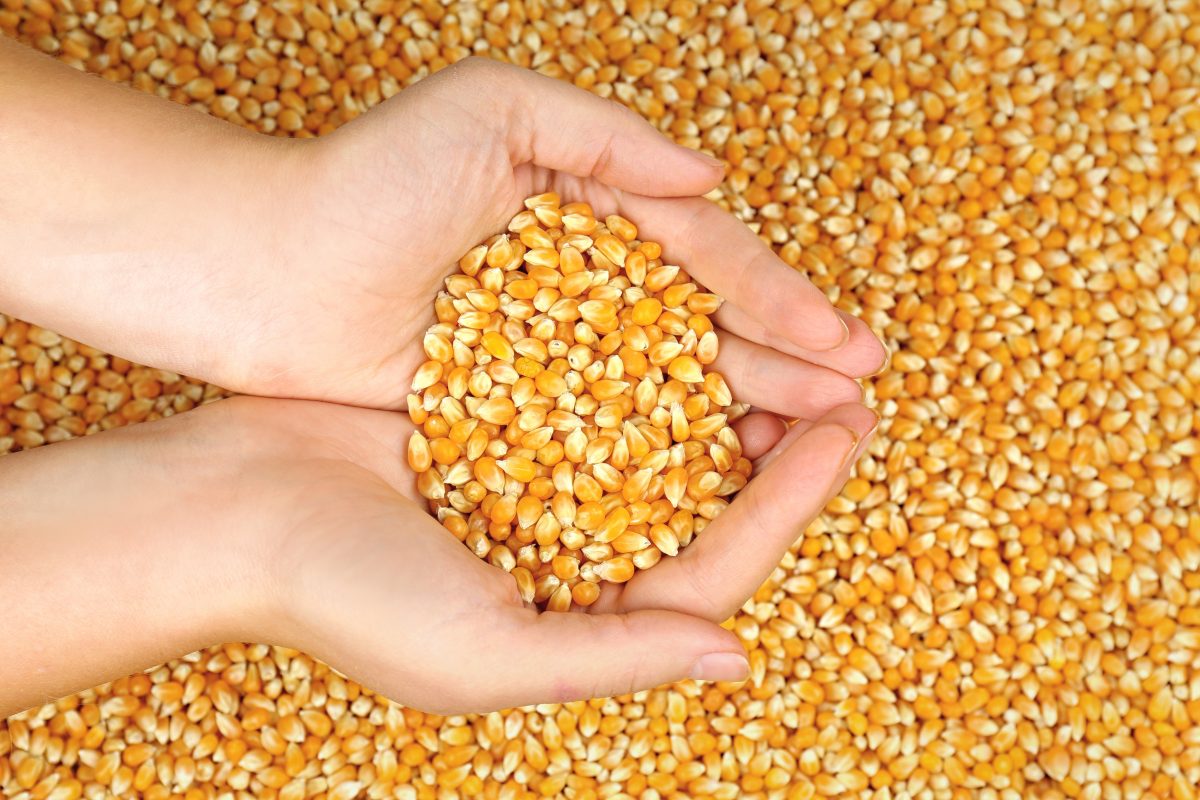
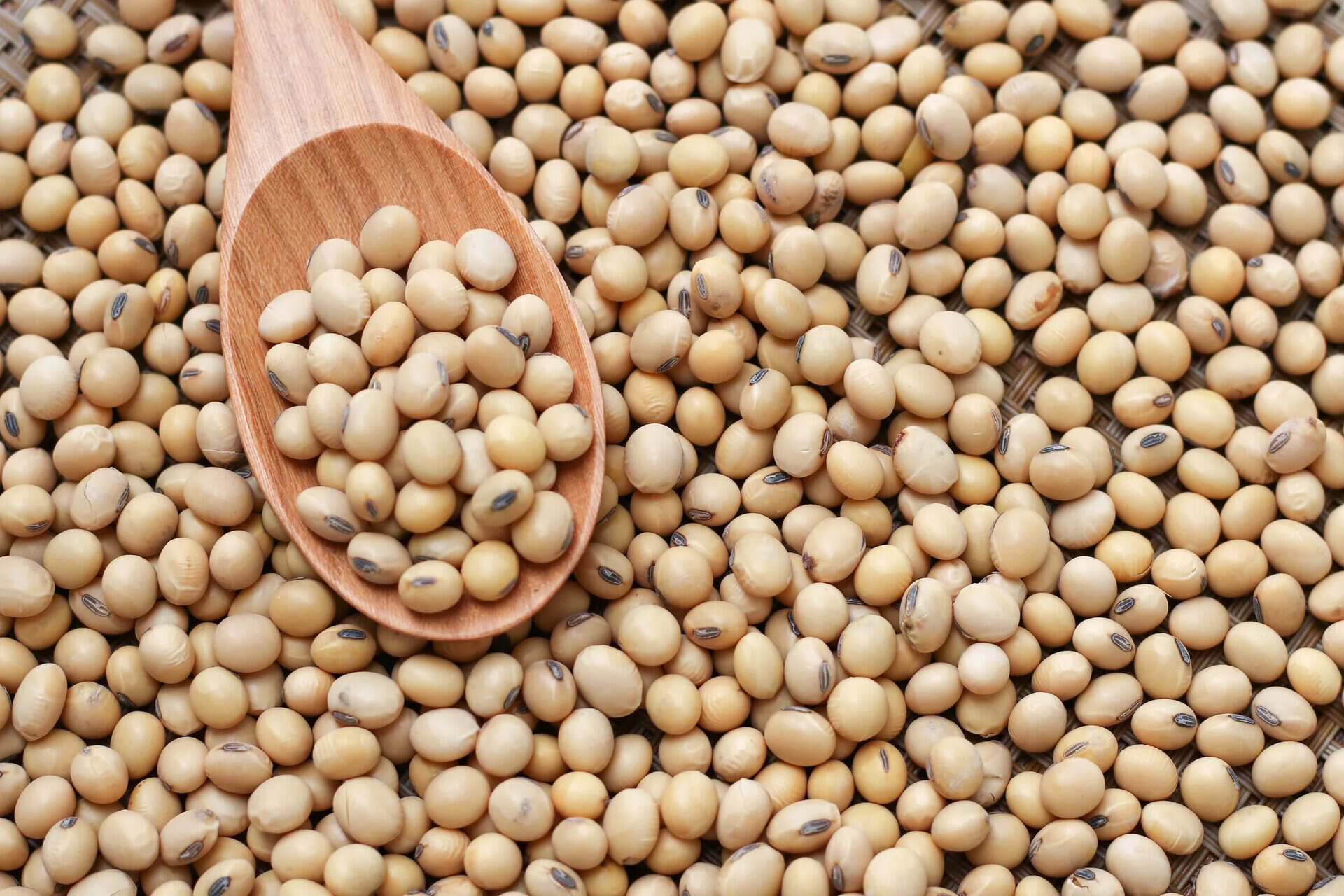
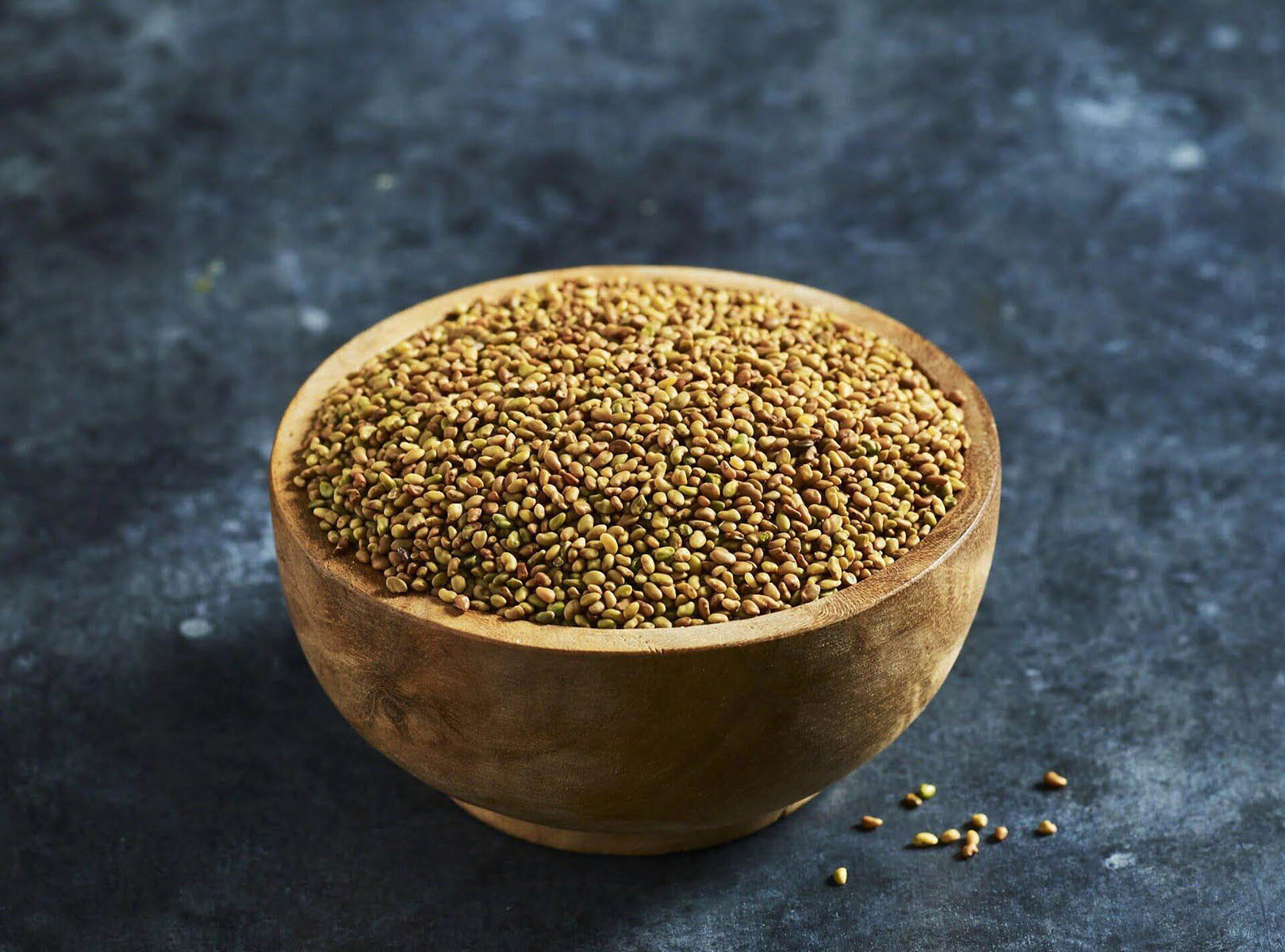
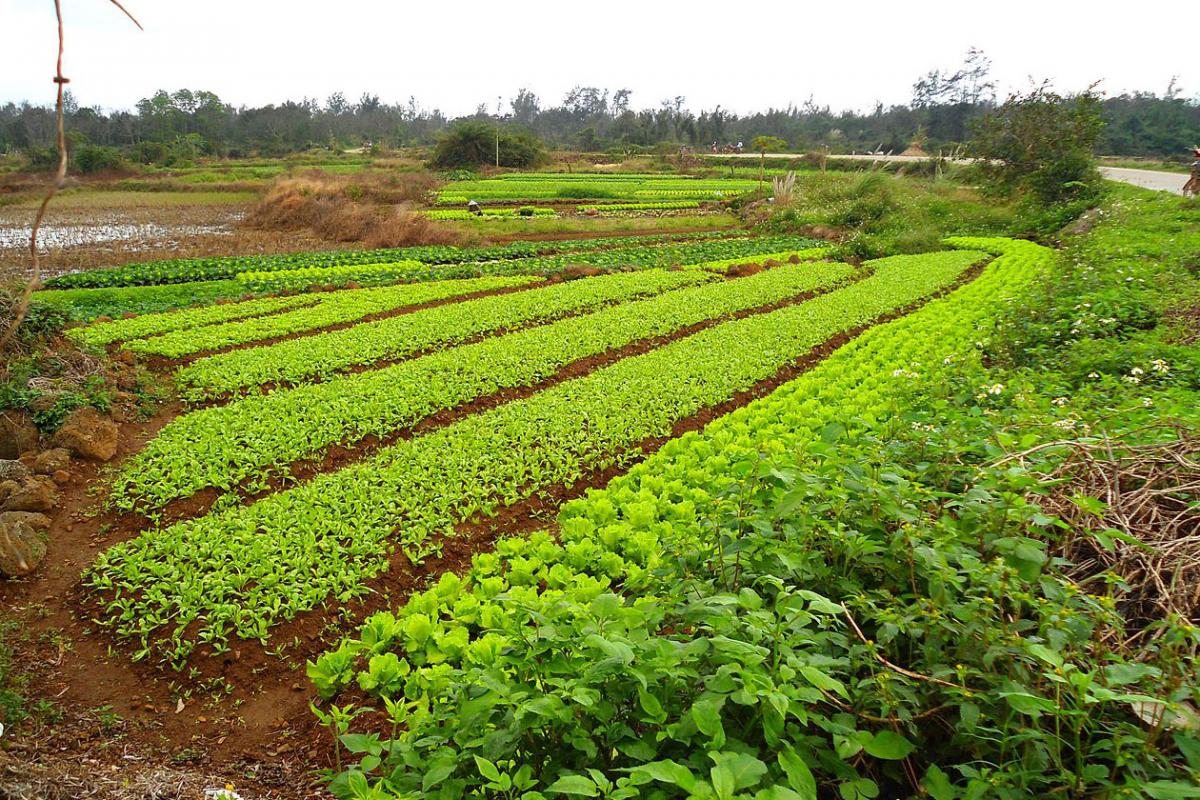
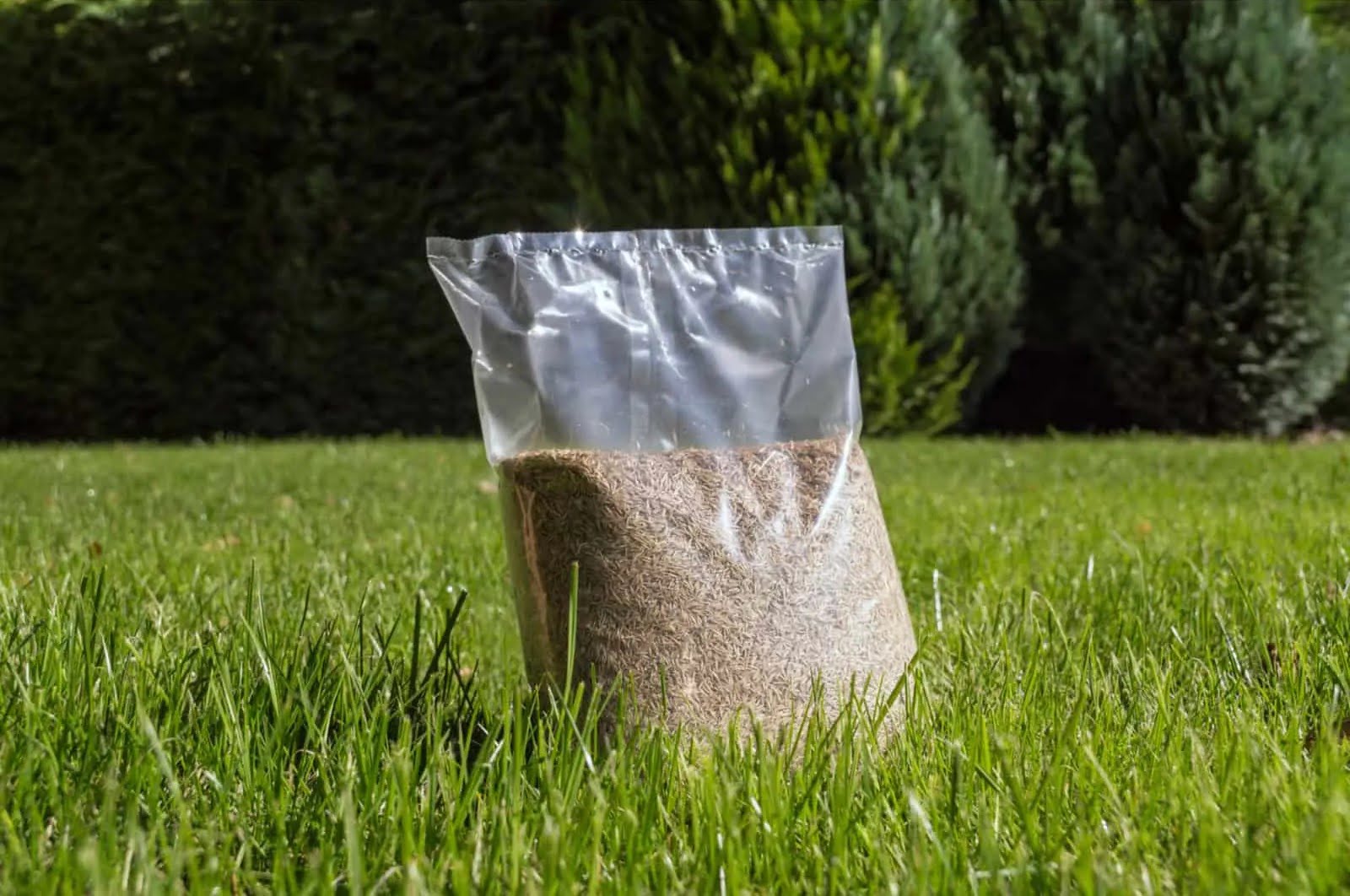

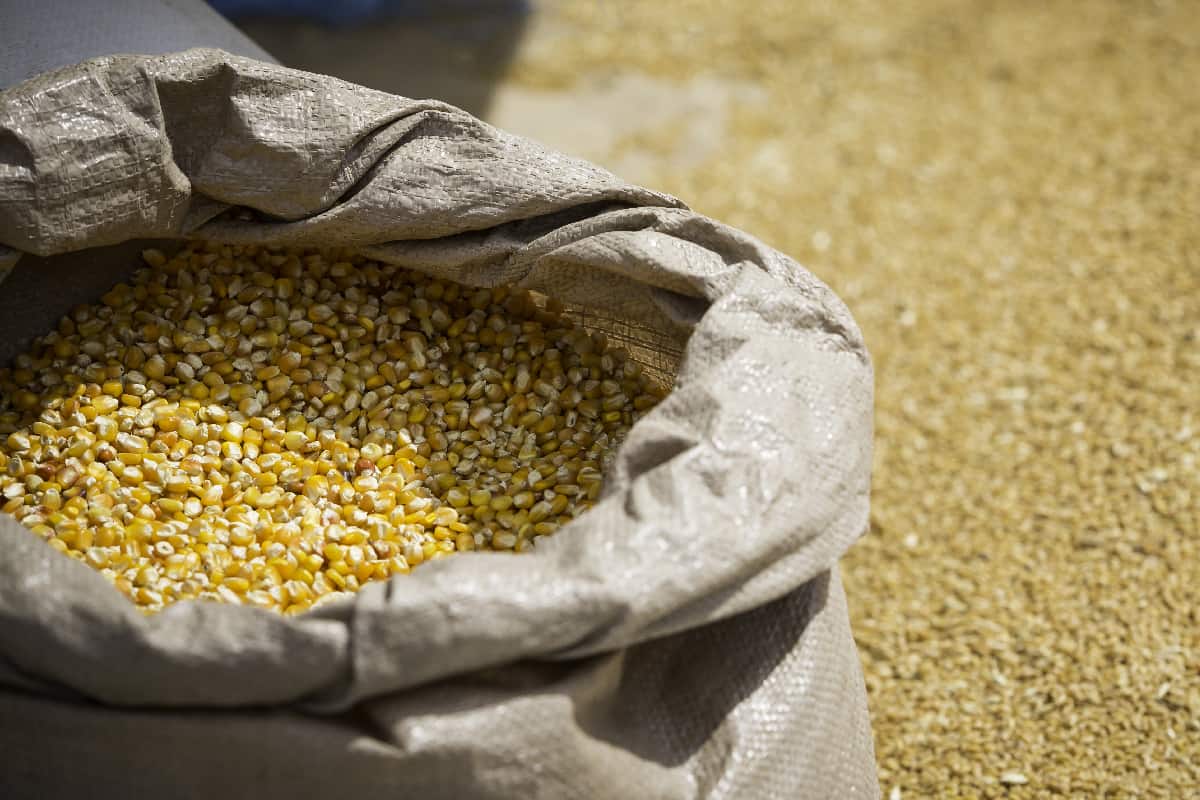
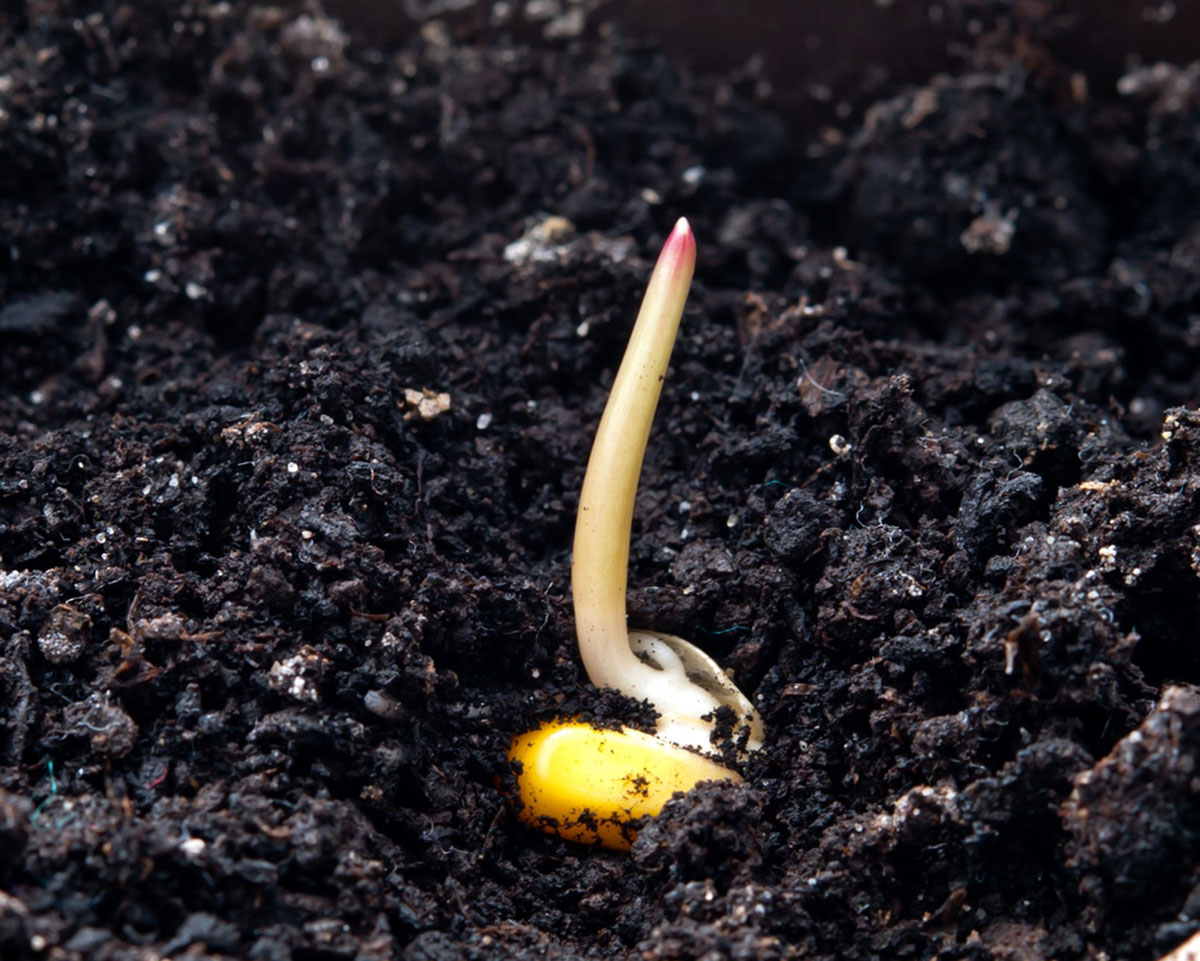
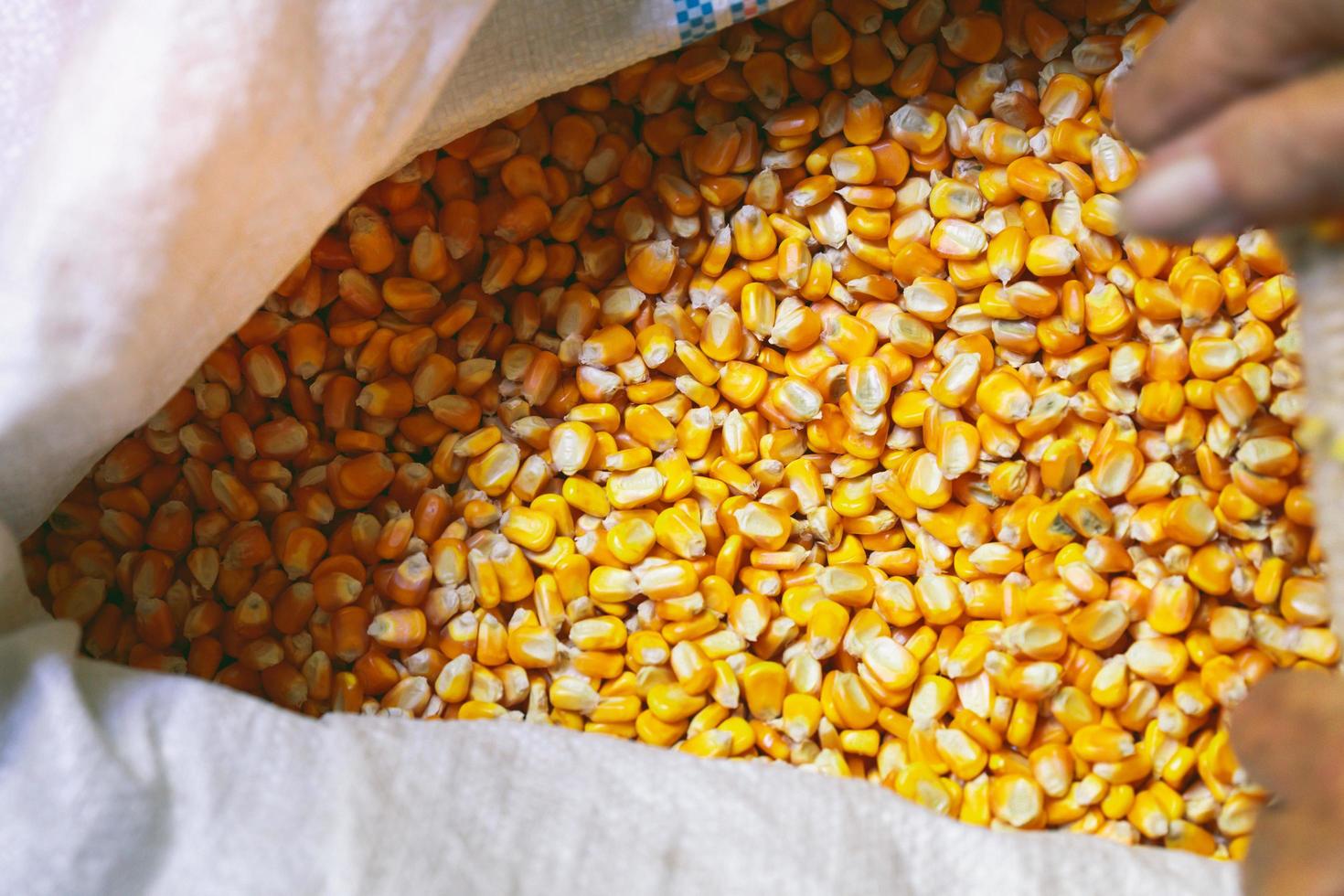
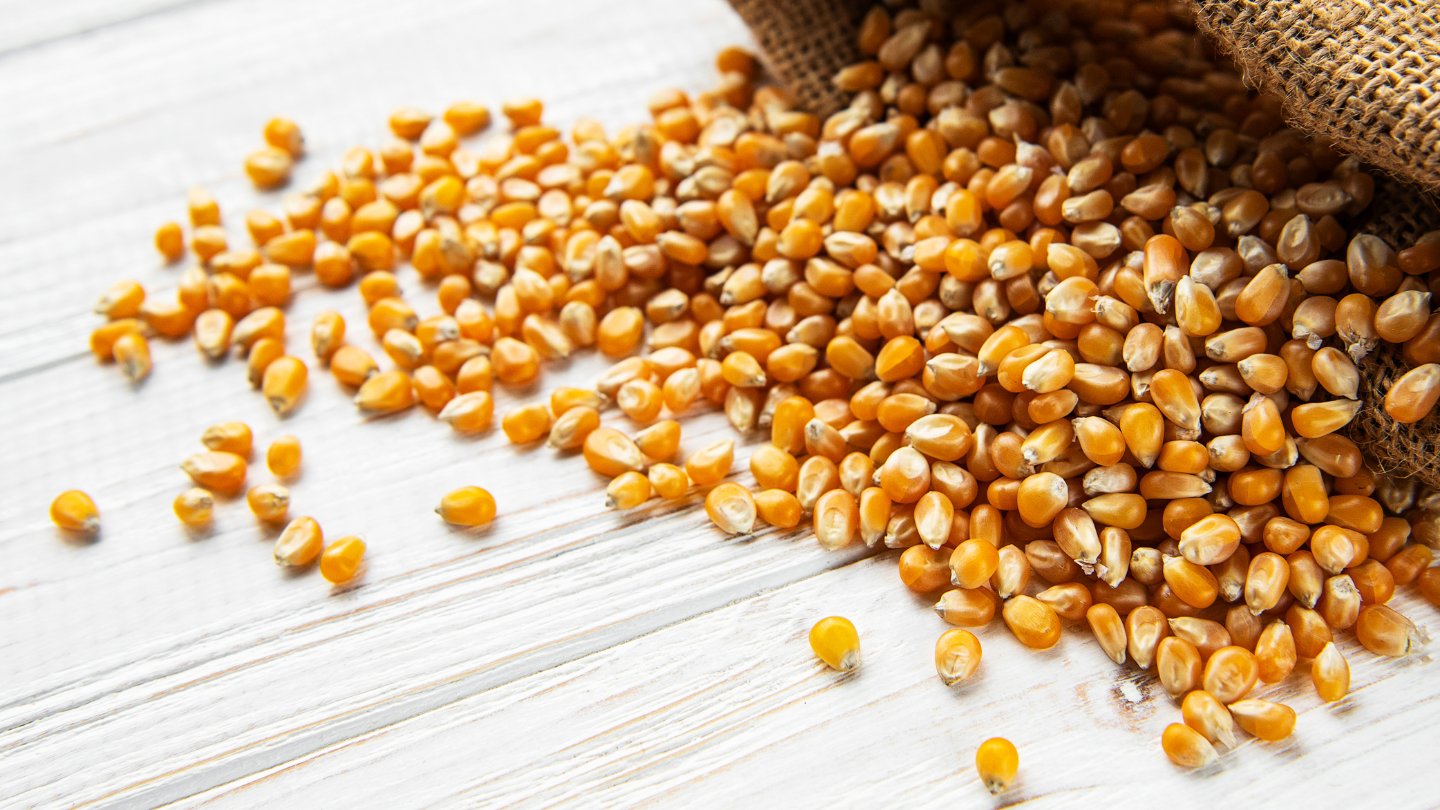
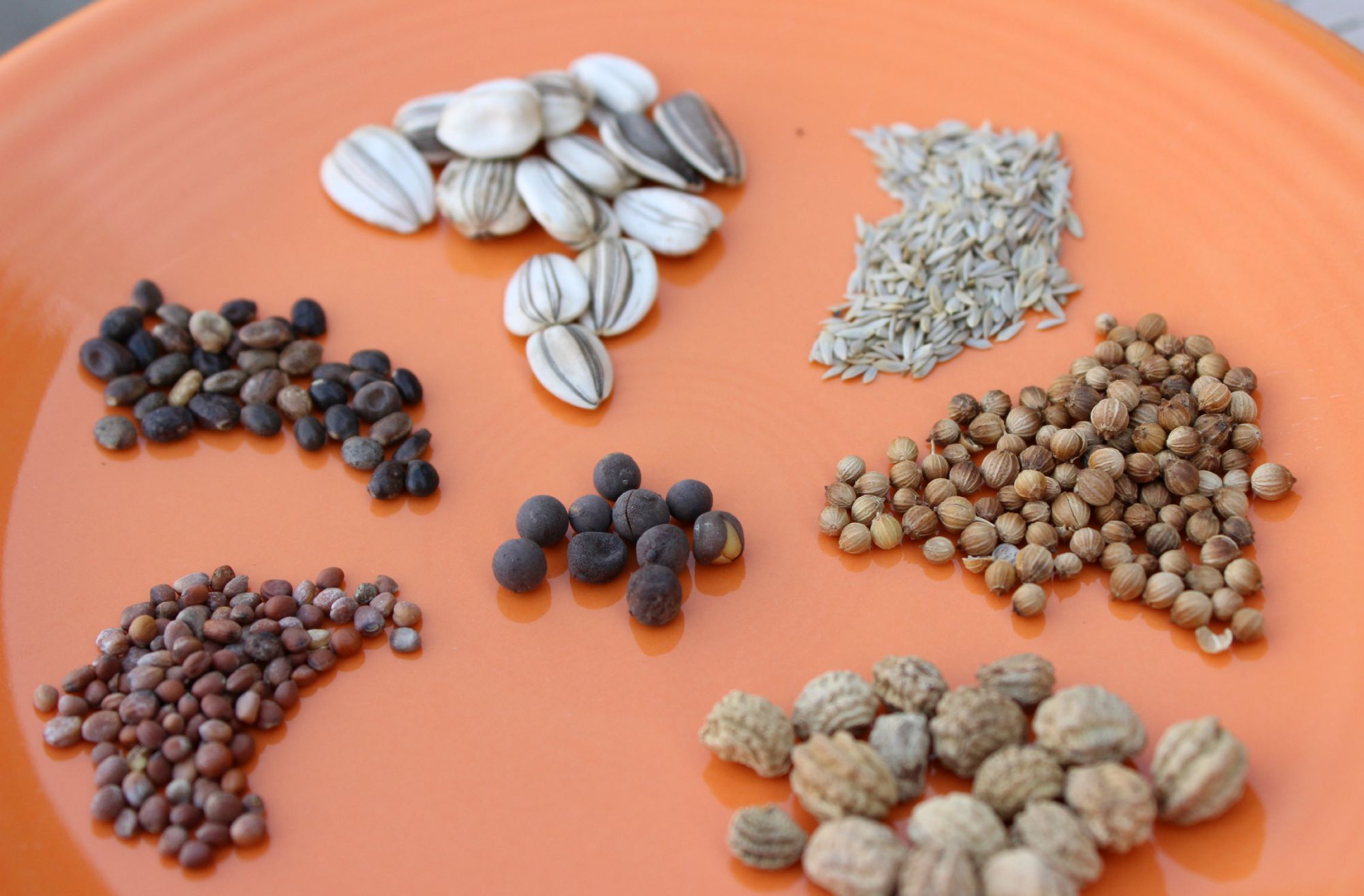
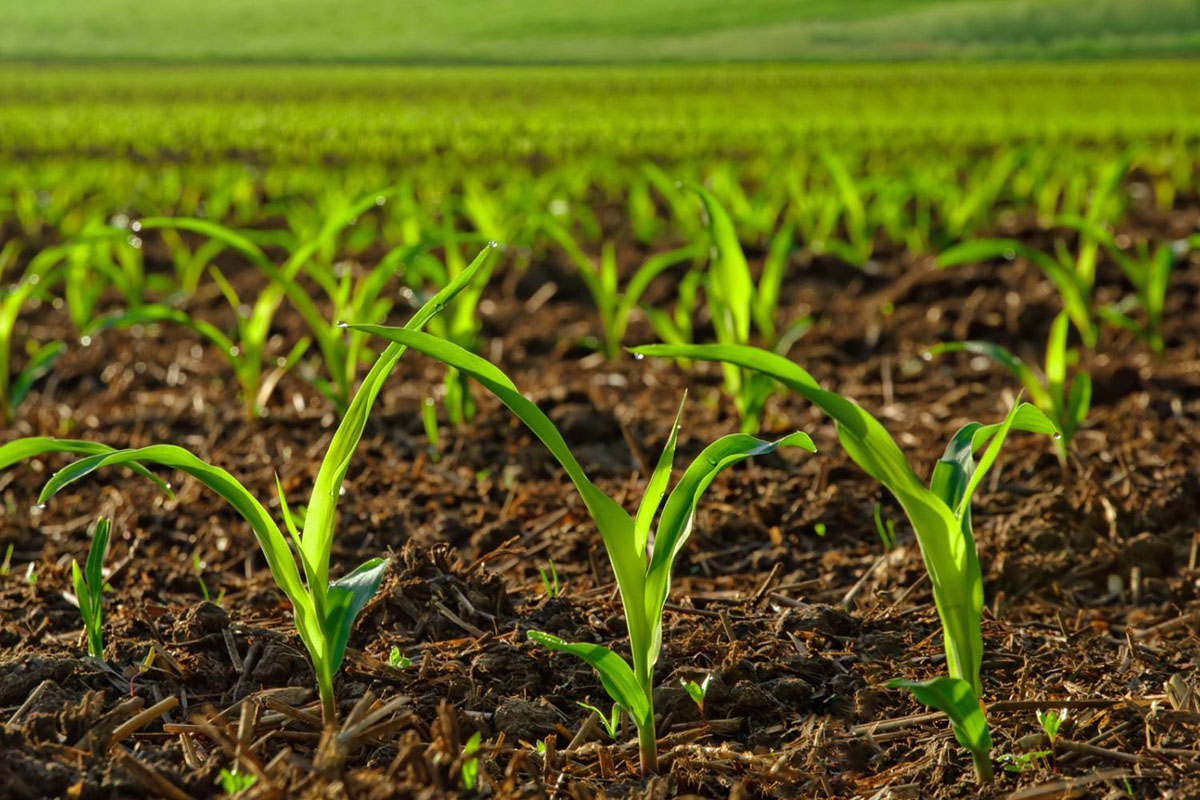
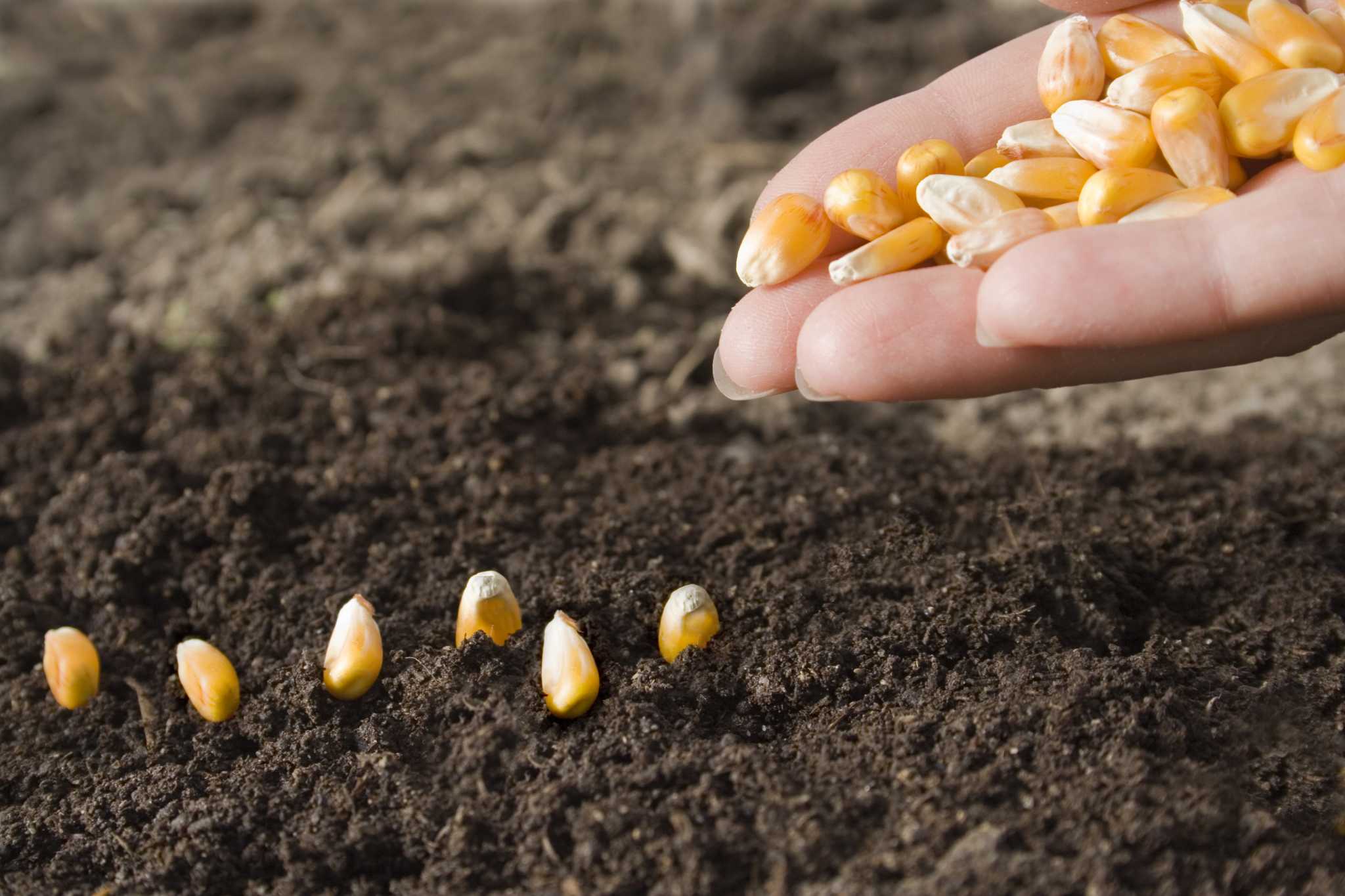
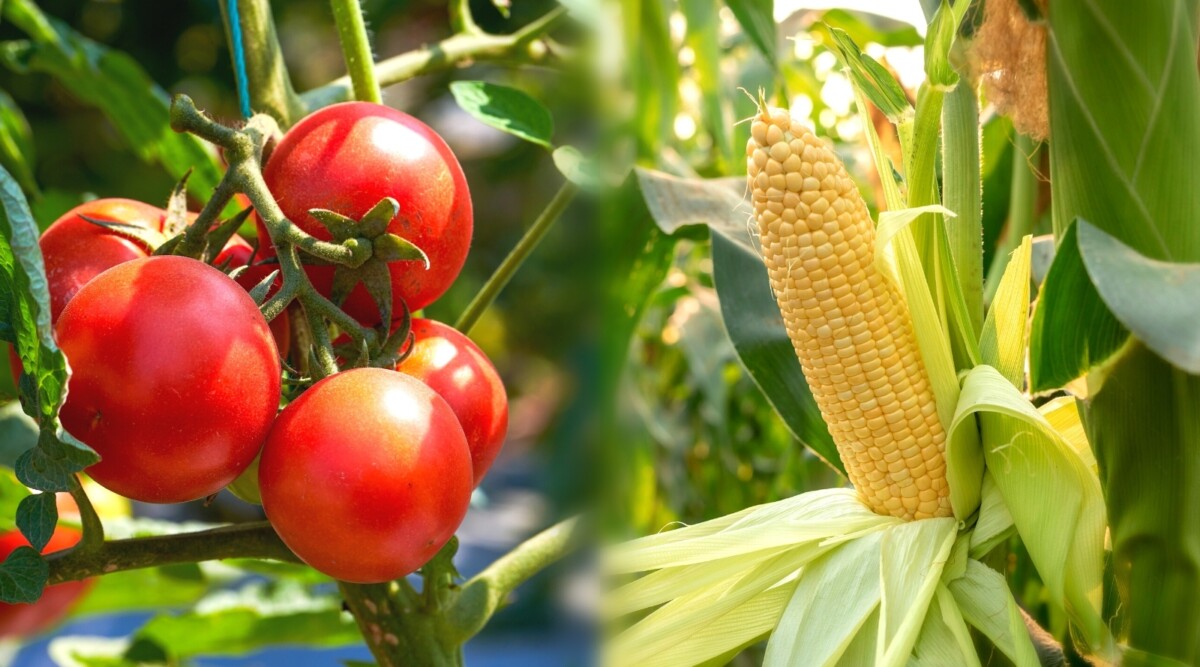

0 thoughts on “How Much Does A Bag Of Corn Seed Cost”